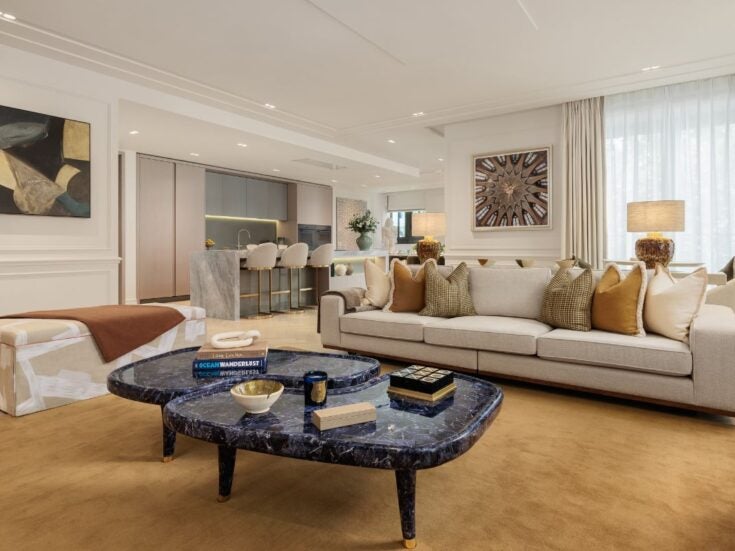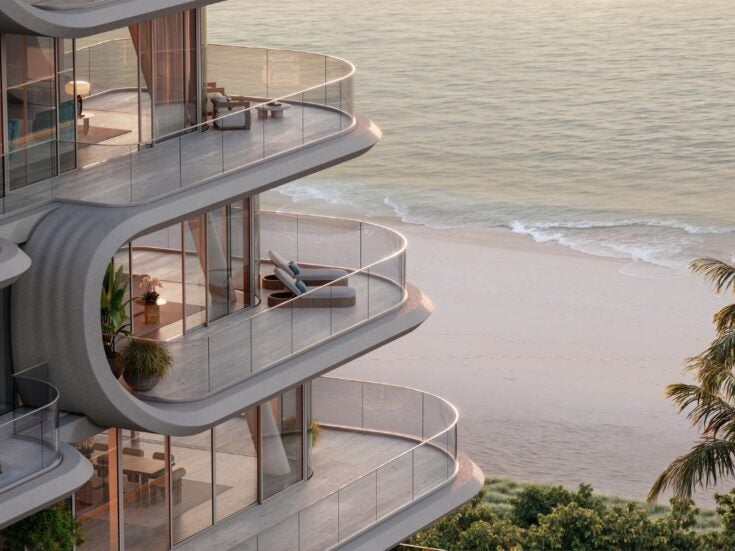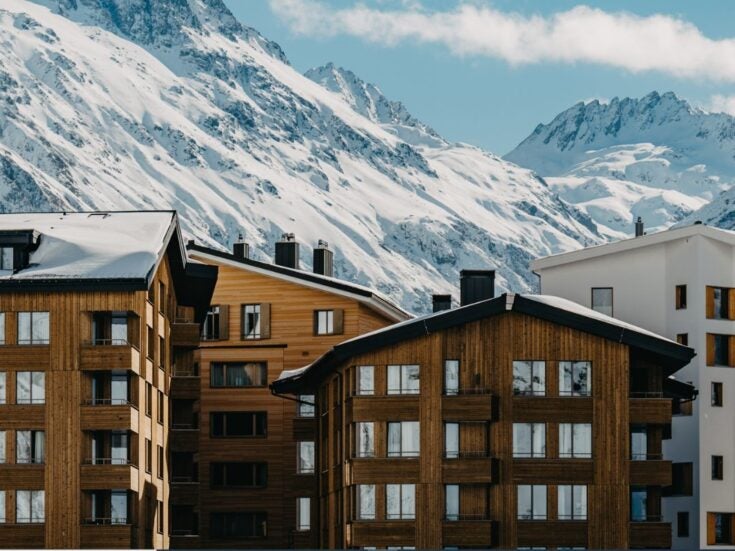You can never be too rich or too thin – or have too many houses, says Ross Clark
WERE AN ESTATE agent to conceive of a perfect client, it would be Ludwig II of Bavaria. Obliged to allow his kingdom to be subsumed into a greater Germany, he sought solace instead in acquiring homes.
And not merely any homes. Only Ludwig could have ordered the construction of palace modelled on Versailles – Herrenchiemsee – with the intention of using it as a second home.
With the advent of high taxation and the years of austerity which followed the Second World War, the likes of Ludwig were widely believed to have died out for good, bequeathing their homes to hordes of tourists who could wander around them, feeling bewildered by extravagance. But no-on should underestimate the nesting instinct of the super-rich: extravagant homes are back with a vengeance.
‘I had a client ring me up the other day saying, “I’ve got a 23,000 square-foot house and I need more room”,’ says Jonathan Hewlett of estate agent Savills. ‘The size of houses is getting bigger, the size of yachts is getting bigger. I have plenty of clients with four homes: one in London, one in New York, one in the South of France, and perhaps one in the Bahamas. One client had £25 million home in London which he only used for two or three weeks a year.’
As much as that? He sounds positively sane alongside the Middle Eastern businessman who once bought a five-bedroom, five-bathroom home in Lowndes Square through Andrew Scott of Lane Fox.
‘He insisted on having fresh flowers in every room every day, and employed a full-time housekeeper to make sure it was done. The poor woman became rather lonely. After seven years, he has stayed in the house only three times. Having bought it, he decided that he preferred a suite in Sheraton Park Tower.’
The trend of the super-wealthy to spend their money on ever-larger houses has been in evidence since the 1980s, when credit controls were lifted and the top rate of income tax slashed. But it accelerated during the late 1990s boom, and in the subsequent stock market collapse, which, for a few years, made property seem the much wise investment.
Across the world there exists an estimated 70,000 ultra high net worth individuals – that is with assets in excess of $30 million. Today’s super-wealthy are not flashy in everything they buy or do. On the contrary, often they seek to disguise their wealth.
‘One of the richest people I know,’ says Scott, ‘is often to be seen sitting in the corner of a brasserie, smoking, drinking beer and eating baked beans and chips. Another drives around London in a battered Fiat 126 covered with bird droppings.’
BUT THE HAIRSHIRTS are invariably put away when it comes to finding somewhere to live. ‘I still know own or two people who take the same view as my grandfather did: that homes merely make a slave of you. But it is become the norm to collect homes.
‘A friend of mine was at a dinner part the other day with a group of guests who were discussing quite openly how many properties they owned. The minimum number seemed to be three or four. If you only had two homes you just weren’t in the conversation at all.’
The possibility of valuable tracts of real estate collecting dust while the owner spends winter in the Bahamas is not a prospect which pleases everyone. Camden Coucil has been moved to complain about the tatty state of the Bishops Avenue – one of the wealthiest streets in the capital but where the paint flakes on the window ledges and the grass grows long during the residents’ long absences.
Similar complaints are often made of Mayfair. But, says Peter Weatherell of estate agent Weatherell, those who make them are ignorant of history. ‘People forget that Mayfair was built for the aristocracy to use as a base for the London season, and that many of the houses would have been shut up for much of the year,’ he says.
On Mayfair’s Charles Street, for example, one elegant Georgian six storey townhouse is divided into several enormous flats. The ground floor basement belongs to one of Britain’s well-heeled aristocrats, who utilises the property only a couple of times a month; while the two middle floors are owned by a well-known firm the financial advisors, kept for the use of key clients. As such, it has been completely refurbished every two years; nobody has spent the night there in four years.
Mayfair has made something of comeback as a residential quarter in recent years, with many offices being converted back to the family homes they once were. Yet it is a different story in some former haunts of the super-rich.
One noticeable thing about the current international property boom is that ultra-high new worth individuals are leaving some of the more traditional tax havens, such as Monaco, Jersey, or Bermuda, in some cases for more stylish places to live, in some cases for greater security.
‘A LOT OF the advantages of tax havens have been diluted in recent years, and of those which remain you have to ask “How much longer?”’ says Andrew Langton of estate agent Aylesford. ‘You can still get a yacht delivered to you free of VAT if you are registered as living in Gibraltar, but it is a pretty unattractive place to live. Switzerland may soon be the only tax haven left. I wouldn’t be surprised if in the next 10 years it closes its borders. It is one thing buying an expensive house, but where is the fun in it if it is impossible to find staff to look after it?’
At the same time that the advantages of traditional tax havens have been eroded, most stable democracies have been reducing the punitive rates of income tax which sent the wealthy on the run during the postwar period. As a result, much more of the world is opening up to wealthy homebuyers.
These days, security and privacy are becoming the overriding factors in choosing where to buy second, third and fourth homes. ‘Between 1 July and 1 September, every crook seems to head for the South of France,’ says Langton. ‘As a result, a lot of the wealthy are moving to Sardinia – Russians especially.
Small islands and gated communities are becoming much more popular. The wealthy want to be able to drive up to the gate and see an armed guard making sure the wrong people don’t get in.’ Needless to say, it is easier to set up a gates community on relatively poor Caribbean Islands than it is in Britain, where there is huge public opposition to gated communities, or even in Malibu, where films stars are fighting a losing battle to keep the Californian public from prying on their homes from public beeches.
Tax havens aside, there is one major industrialised country where the wealthy are not buying homes, and whose property market has missed out on the boom of the century. It is Germany, where house prices have been static for a decade. Poor old Ludwig. He couldn’t even make a fortune on his extravagant homes.







